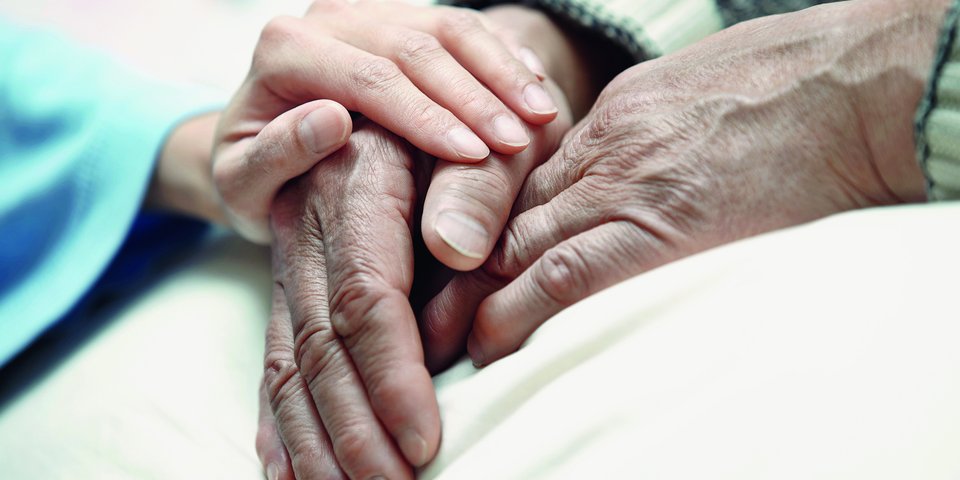 iStockphoto/Zhenikeyev
iStockphoto/ZhenikeyevEuropean Parliament resolution on nursing care and support
European Parliament calls for joint European action
CC – 07/2022
The European Parliament
adopted its resolution on nursing care and support on 5 July. A large majority of MEPs (436) voted in
favour of the nursing care and support report "Towards common European
policies on nursing care and support". Only 143 MEPs voted against and 54
abstained. In the report, MEPs call for targeted and sustainable investments
for nursing care and support. The report highlights the European Care Strategy,
slated by the European Commission for 7 September to lay the groundwork for a
long overdue reform of Member States' systems for nursing care, support and social
security.
Sustainable investment called for
The number of people in
need of long-term care in the EU is expected to increase from 30.8 million in
2019 to 38.1 million in 2050. Key challenges faced are the expected increase in
demand for nursing care services, ensuring and further developing quality in
nursing care, including the potential offered by digitisation, securing skilled
workers through appropriate working conditions and remuneration, among other
things, and financial sustainability. The European Commission should support EU
countries with targeted investment programmes through European structural and
innovation funds to create equal access to affordable, appropriate high-quality
nursing care services. Professional and family caregivers should receive
adequate pay and be able to work under conditions that are compatible with
their private and professional lives and career opportunities. In this context,
MEPs call for the provision of informal, unpaid nursing care and childcare to
be recognised and supported. It must also be ensured that caregivers from the
EU and non-EU countries receive adequate transnational social protection and
are better informed about their rights as employees.
Tackling gender inequalities
Reference was made to the
special role of women both in the report and during the debate in the plenary
session. Targeted support measures are particularly called for here. Gender
gaps in employment, wages, and pensions between men and women are particularly
evident in nursing care and support. Women make up an overwhelming share of recipients of nursing care
and support as well as underpaid and unpaid nursing care and support workers. The numbers are clear on
this: 81 per cent of licensed nurses in the EU are women. In the informal,
unpaid care sector, women in the EU perform 13 more hours of unpaid nursing
care and support work per week than men. This means that around 7.7 million
women in the EU are excluded from the potential labour market due to their
informal nursing care and support work. Only about 450,000 men are in the same
boat.
European strategy for nursing care and support envisaged in September
The European Parliament
resolution highlights the need for action in the nursing care and support
sector. The European Commission will present the requirements for its European
Care Strategy on 7 September this year. The initiative proposes two Council
recommendations to revise the Barcelona targets on early childhood care,
upbringing and education and on strengthening long-term care. German Social
Insurance has already commented on the proposed strategy with
feedback.
